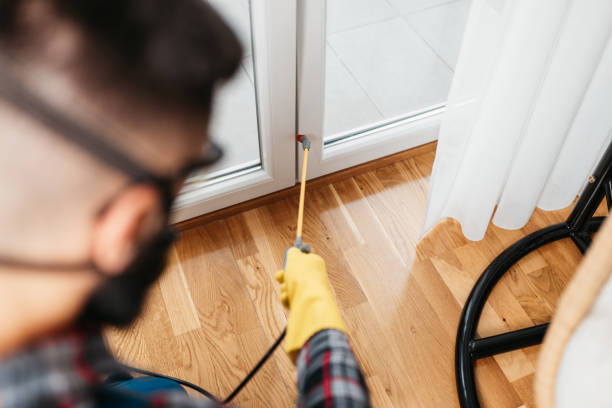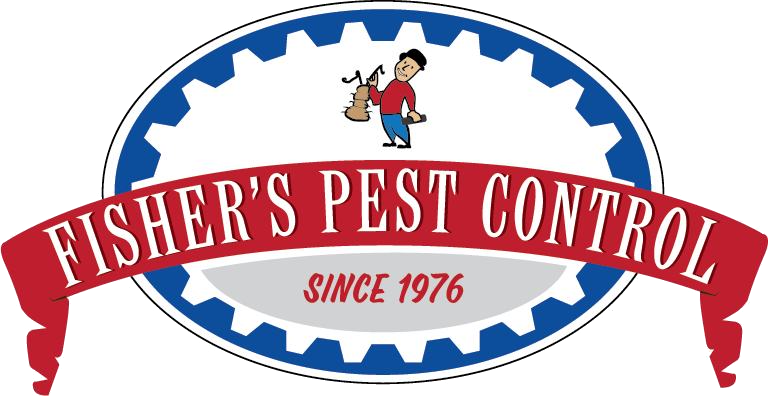When pests invade, it is tempting to take matters into your own hands. Hardware stores are filled with sprays, traps, and chemicals that promise fast results. However, pest problems are rarely as simple as they seem. Behind every quick fix lies the risk of misuse, incomplete elimination, and even danger to your home and health. Understanding the limitations of DIY pest control methods helps homeowners make safer and more effective decisions when dealing with infestations.

Why DIY Pest Control Appeals to Homeowners
The appeal of DIY pest control often comes down to convenience and cost. Products are easy to buy, and online tutorials make the process appear manageable. Homeowners may think they are saving money or gaining control over a problem that seems minor at first. However, pest behavior, biology, and nesting patterns are far more complex than most realize.
Common reasons people try DIY methods include:
- Immediate response to visible insects or rodents.
- Belief that store-bought products offer professional-grade results.
- Attempts to reduce service costs.
- Misinformation about safe pesticide use.
While motivation is understandable, these short-term solutions often fail to eliminate the root cause. Pests quickly adapt, reproduce, and reappear, turning a minor issue into a recurring household problem.
The Hidden Risks Behind DIY Treatments
DIY pest control might look simple, but most homeowners underestimate the health and safety risks involved. Misapplied pesticides or ineffective traps can lead to accidental exposure, contamination, and worsening infestations.
Here are some of the most significant risks associated with home-based pest control:
- Chemical exposure: Many pesticides contain toxic ingredients that, if used incorrectly, can harm humans, pets, or beneficial insects. Without protective gear or proper ventilation, inhalation and skin contact are common hazards.
- Fire or structural damage: Spraying aerosols near electrical outlets or improperly sealing entry points can lead to dangerous outcomes, especially when dealing with combustible chemicals.
- Incomplete eradication: Most products target visible pests but not hidden colonies or nesting zones. This results in recurring infestations that grow harder to manage over time.
- Pesticide resistance: Overuse of store-bought sprays can cause insects to develop resistance, making future treatments less effective.
DIY pest control methods often address symptoms instead of sources. For example, ants might vanish temporarily after being sprayed, but their colonies remain active within walls or soil. Similarly, rodent traps can catch one or two mice, but do not eliminate the full infestation or entry points.
Common Pests That Outsmart DIY Efforts
In regions like Willis, Texas, where warmth and humidity support year-round pest activity, infestations are often more complex than they appear. Many species thrive in hidden areas or reproduce faster than homeowners expect.
Some of the most challenging pests to handle with DIY solutions include:
- Ants: Colonies often contain thousands of members spread across multiple nests. Killing only surface ants does not stop the queen or satellite colonies.
- Rodents: Mice and rats enter homes through small gaps and reproduce rapidly. Without sealing entry points, traps offer only temporary relief.
- Cockroaches: Resistant to many sprays, cockroaches can survive in drains, walls, and electrical systems. DIY sprays rarely reach these spaces.
- Spiders: Many species hide in attics and dark corners, making DIY applications ineffective. Professionals often recommend targeted spider systems for consistent control.
Each pest species requires specific knowledge, inspection techniques, and safe treatments. DIY solutions rarely deliver that level of precision.
Why Professional Expertise Matters
Professional pest technicians bring more than just equipment; they bring experience and strategy. A qualified inspector understands pest behavior, habitat preferences, and the environmental conditions that encourage infestations. Instead of focusing only on removal, professionals design integrated pest management plans that stop pests at the source.
Here is what sets expert pest management apart:
- Customized solutions: Professionals identify the species, locate nesting sites, and develop targeted plans for elimination.
- Safe product use: Licensed experts use EPA-approved products and apply them safely around humans and pets.
- Preventive strategies: Professional inspections identify vulnerabilities like cracks, leaks, and clutter that attract pests.
- Long-term monitoring: Technicians provide follow-up services to ensure infestations do not return.
Homeowners who schedule inspections and tailored pest plans are more likely to experience long-term results. Choosing the right pest control plan ensures consistent coverage and protection from seasonal changes that affect pest behavior.
Long-Term Damage from Improper Pest Control
The hidden cost of DIY pest control lies in its long-term consequences. Incomplete or improper treatment often leads to structural damage, contamination, or secondary infestations.
Here are a few examples of what can go wrong:
- Structural weakening: Termites or carpenter ants can hollow out beams and flooring undetected.
- Electrical damage: Rodents chew through wiring, creating fire risks and costly repairs.
- Health hazards: Roach and rodent droppings trigger allergies and respiratory issues.
- Contamination: Overuse of chemicals in kitchens or near food storage areas can expose families to toxins.
These issues not only jeopardize safety but also lower property value. Professional intervention ensures thorough inspection, accurate diagnosis, and safe removal methods that protect both health and structure.
Choose Safety and Certainty Over Risk
Pest infestations can escalate quickly, especially when handled with guesswork or temporary fixes. While DIY pest control methods may seem convenient, they rarely eliminate the true source of the problem. Trained professionals use safe, proven techniques to identify infestations, protect your property, and maintain a healthy environment.For reliable and lasting solutions, contact Fisher’s Pest Control today. Our experienced team provides safe, effective pest control methods that safeguard your home from ants, spiders, rodents, and more.





